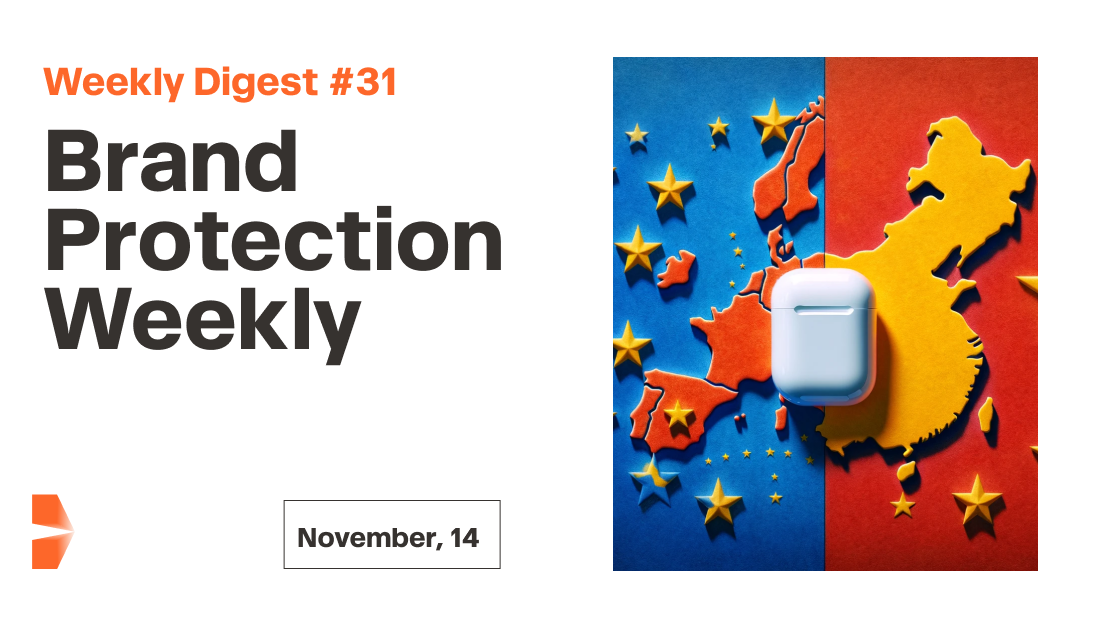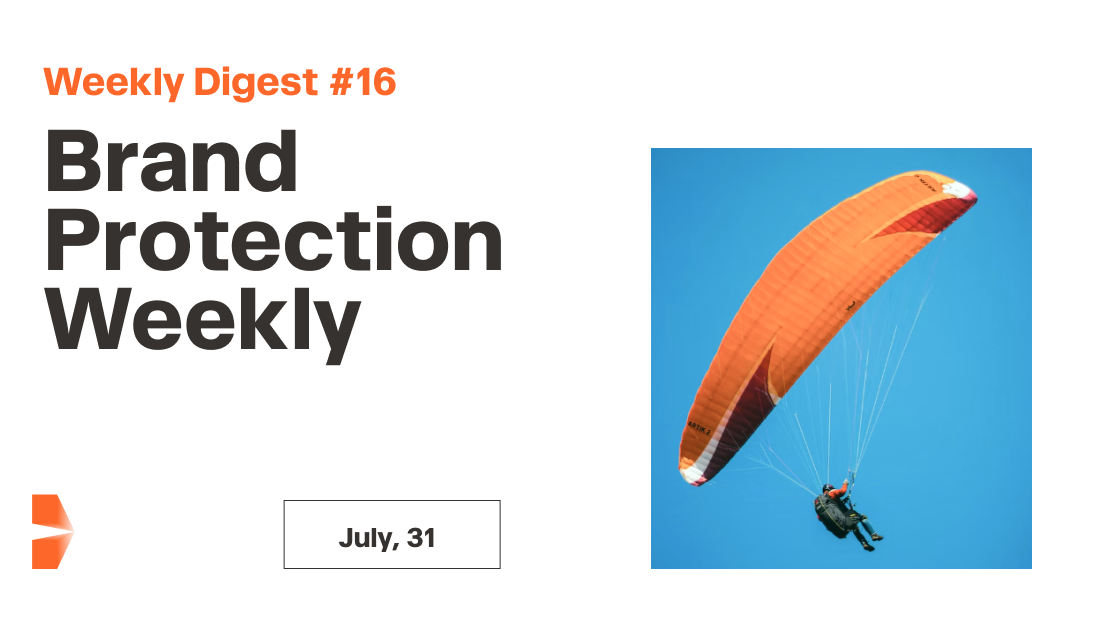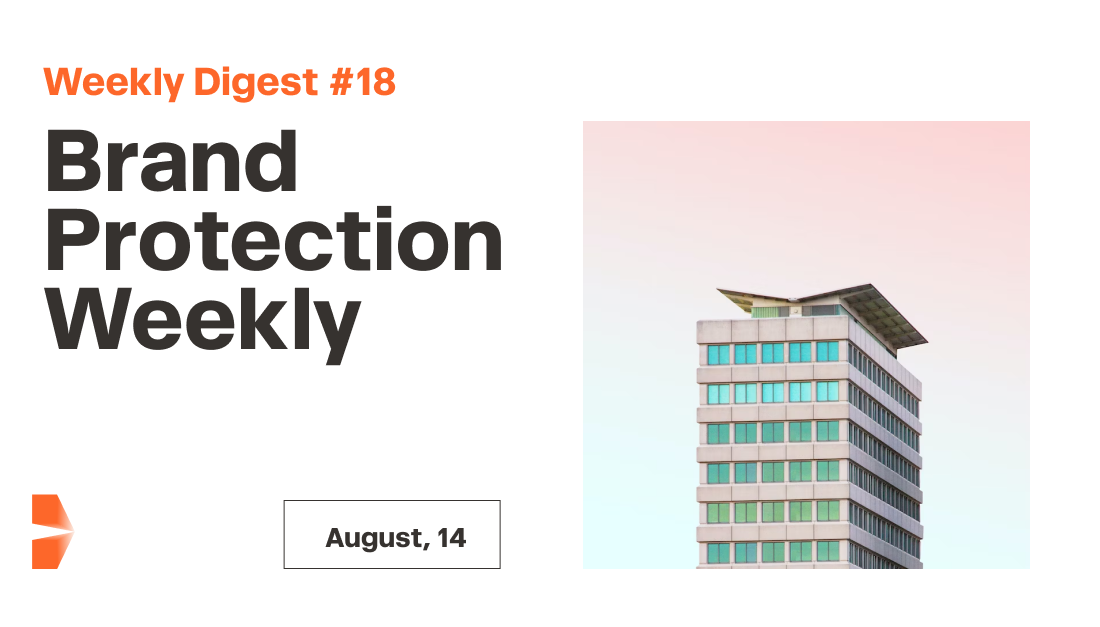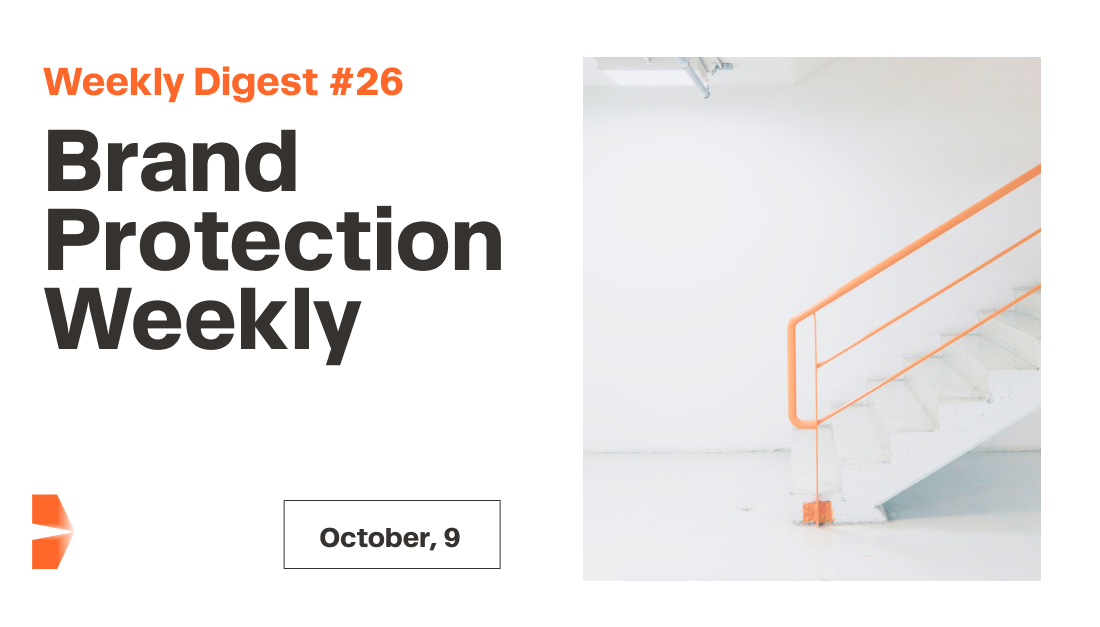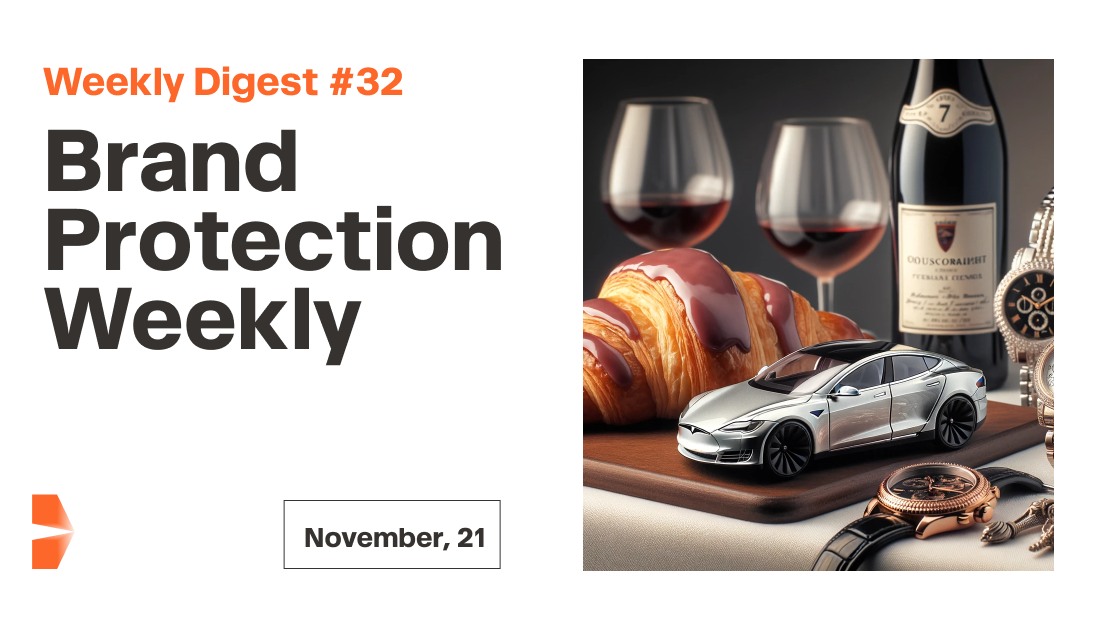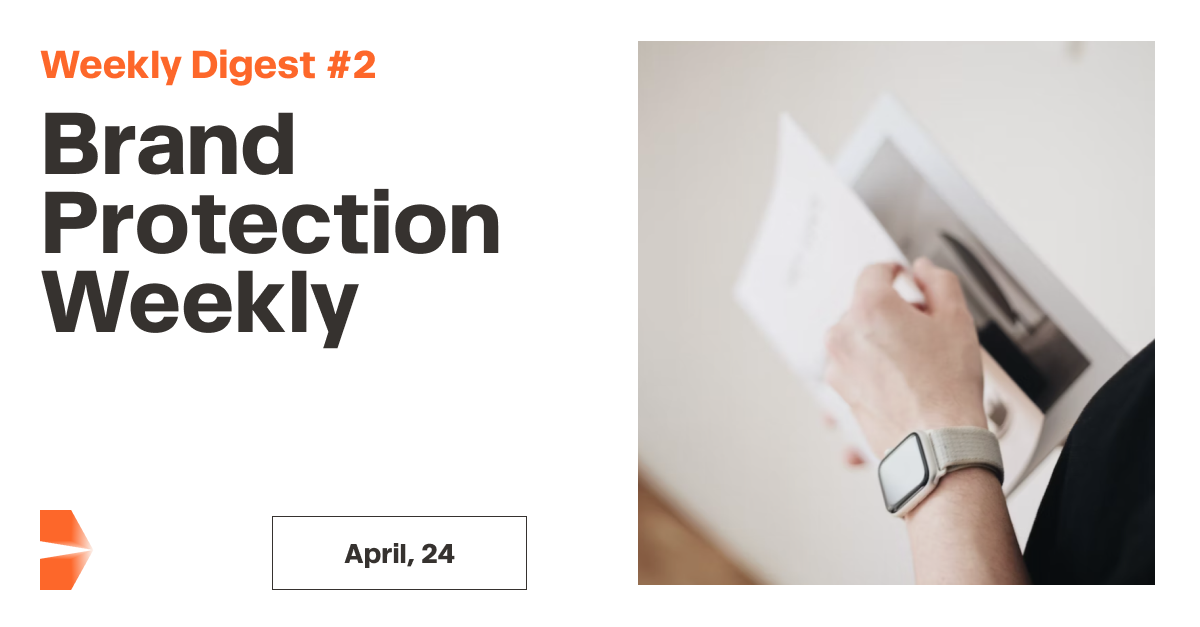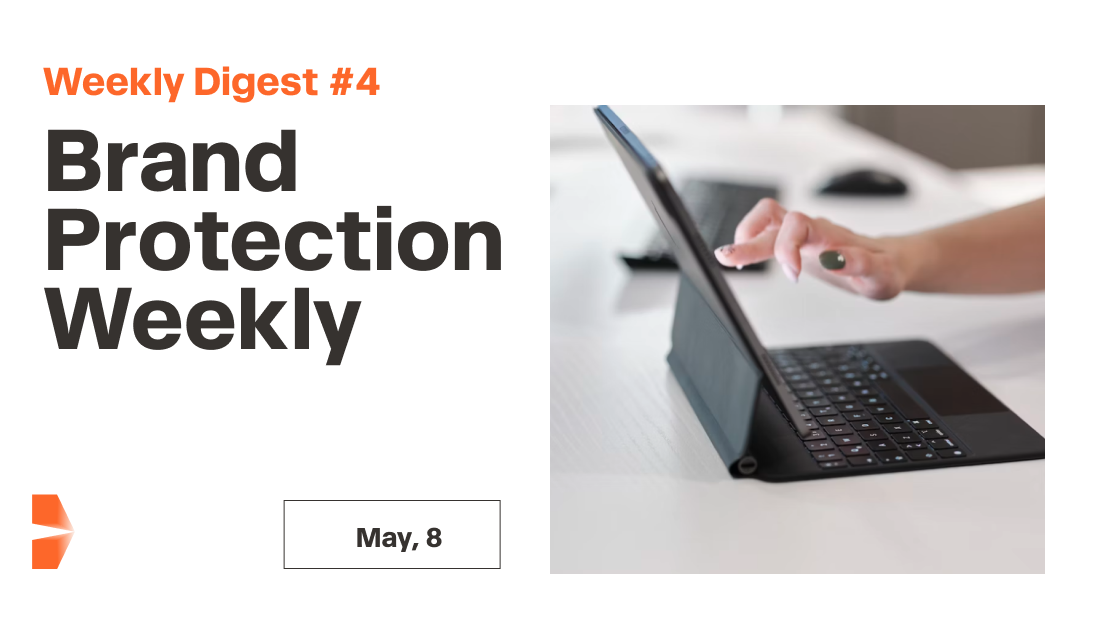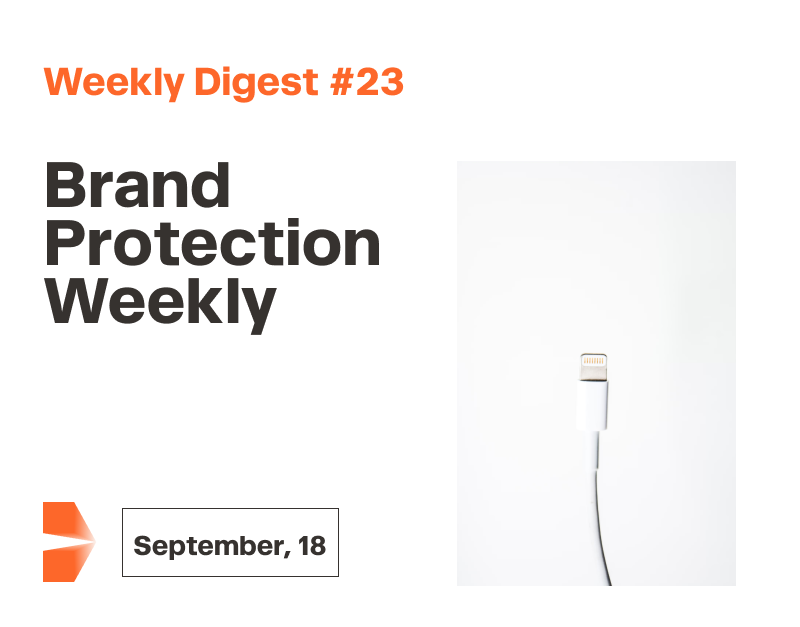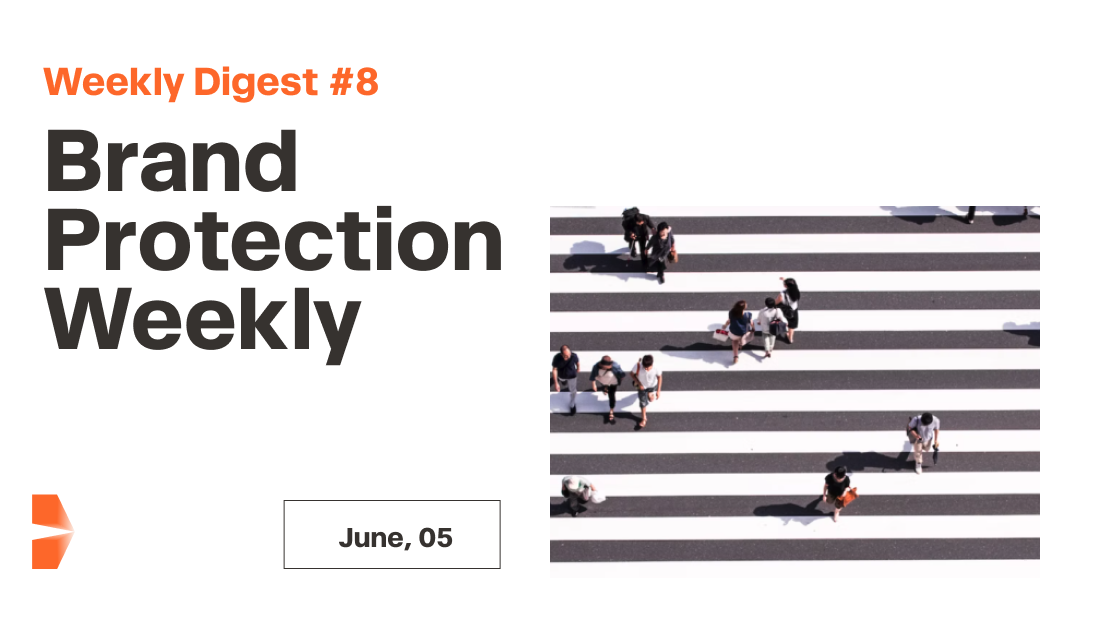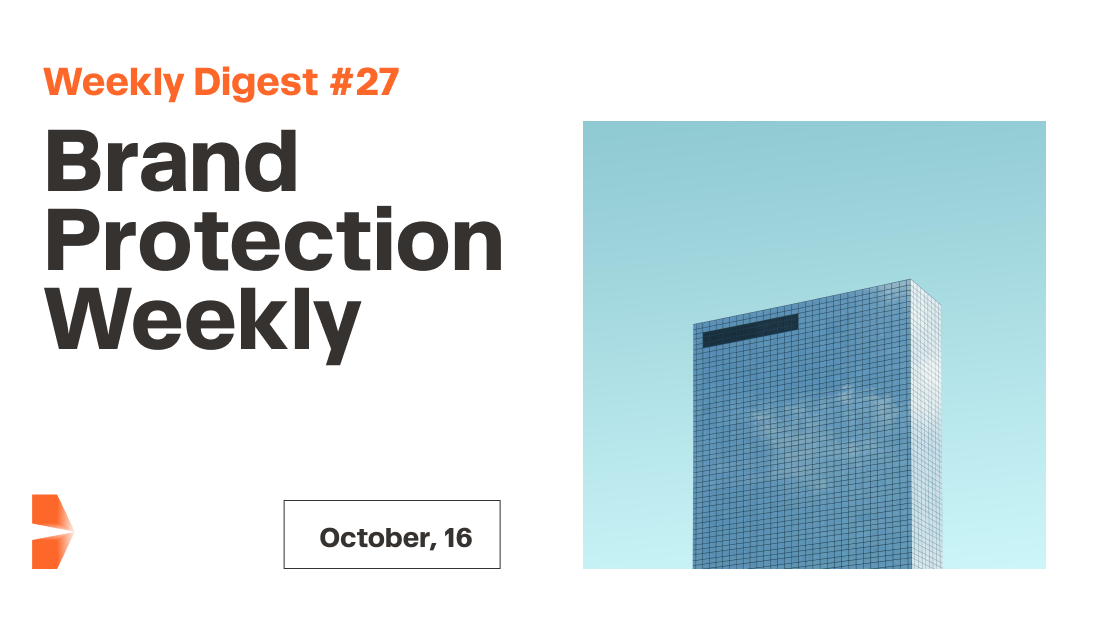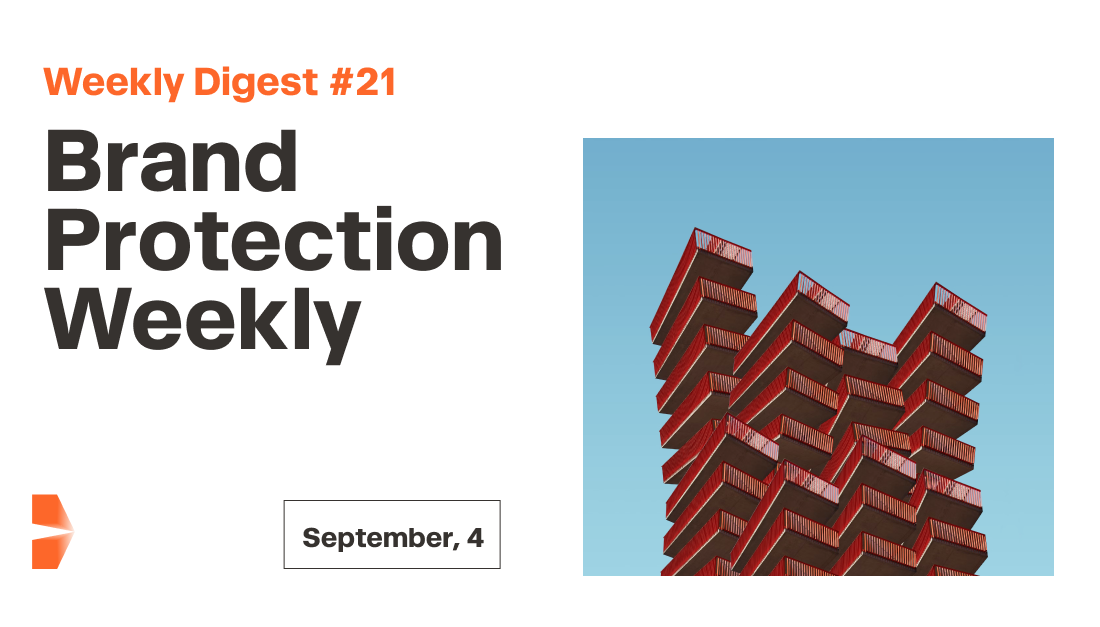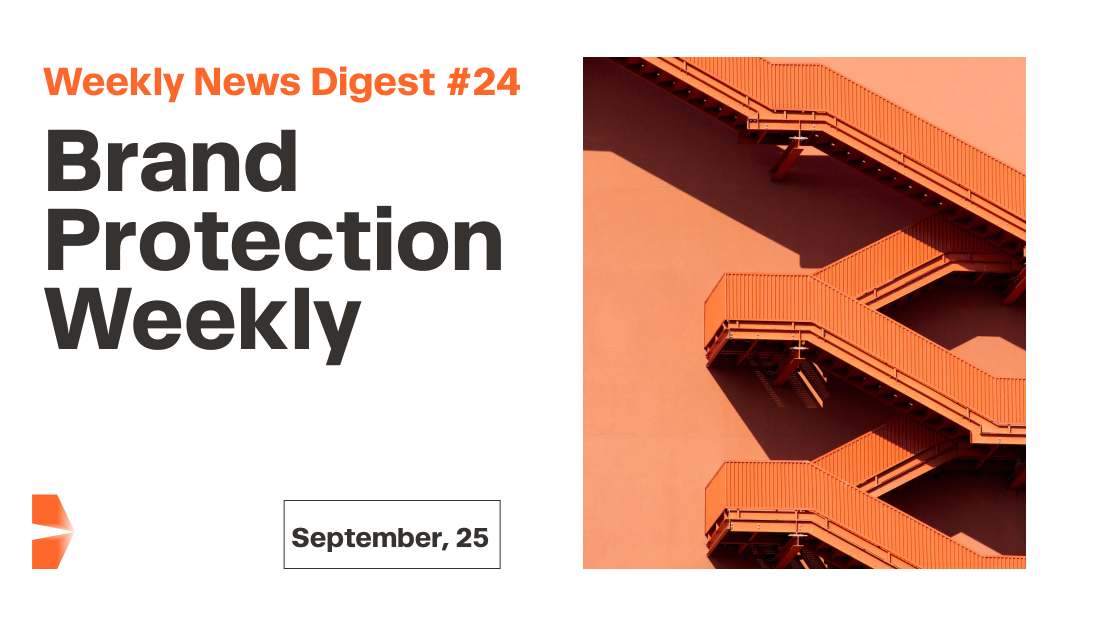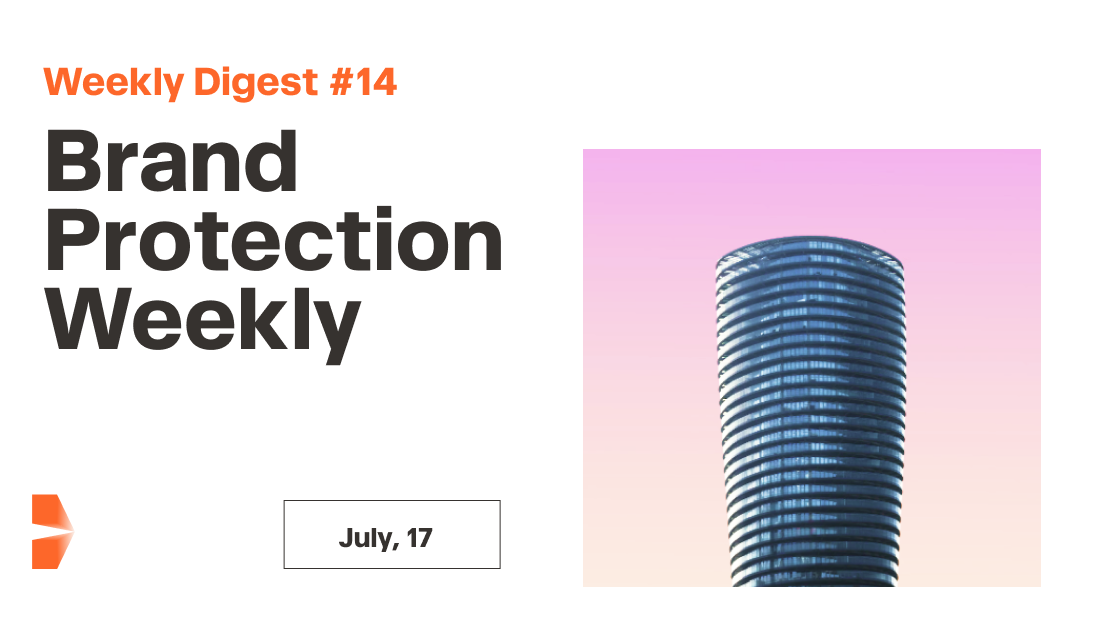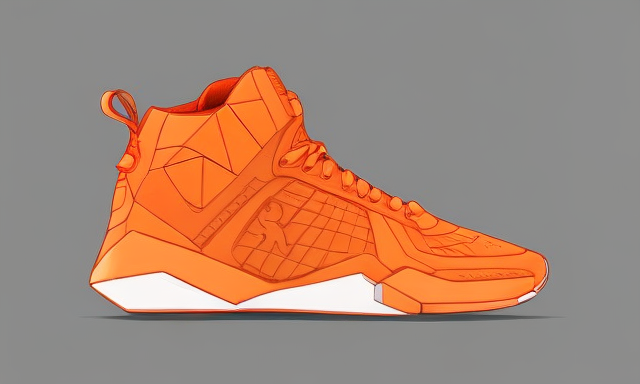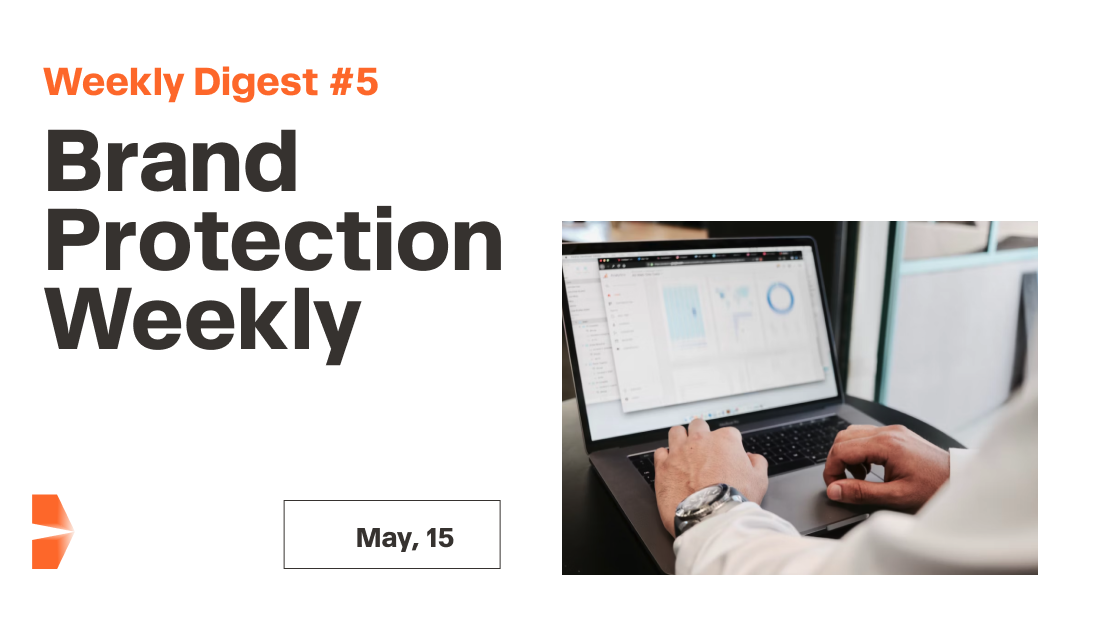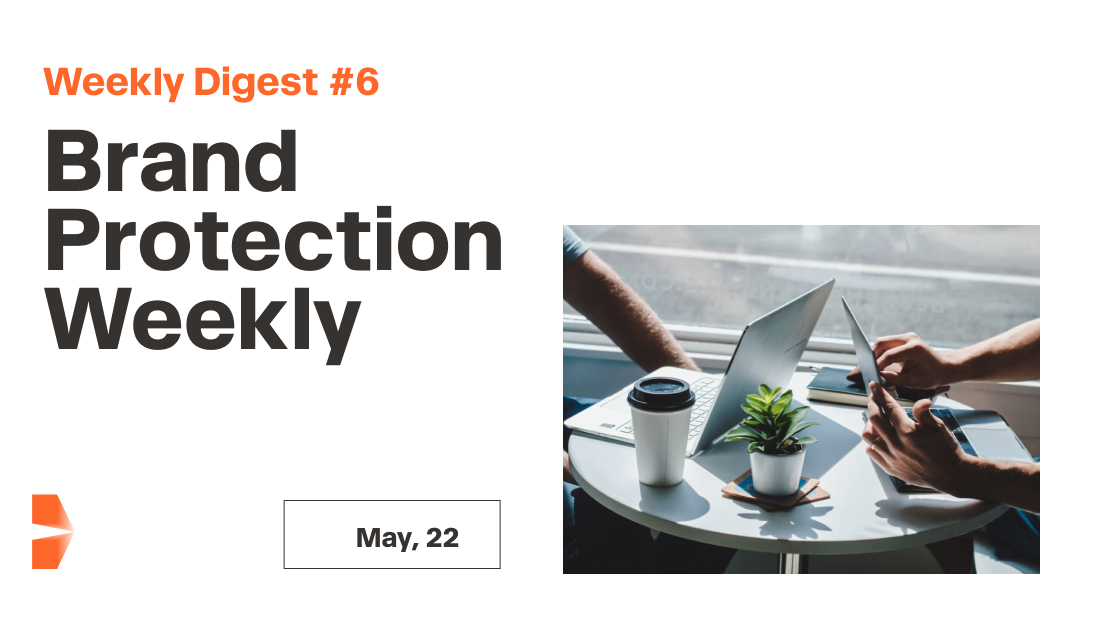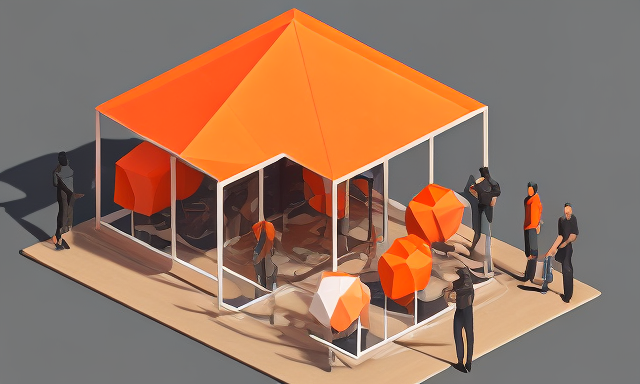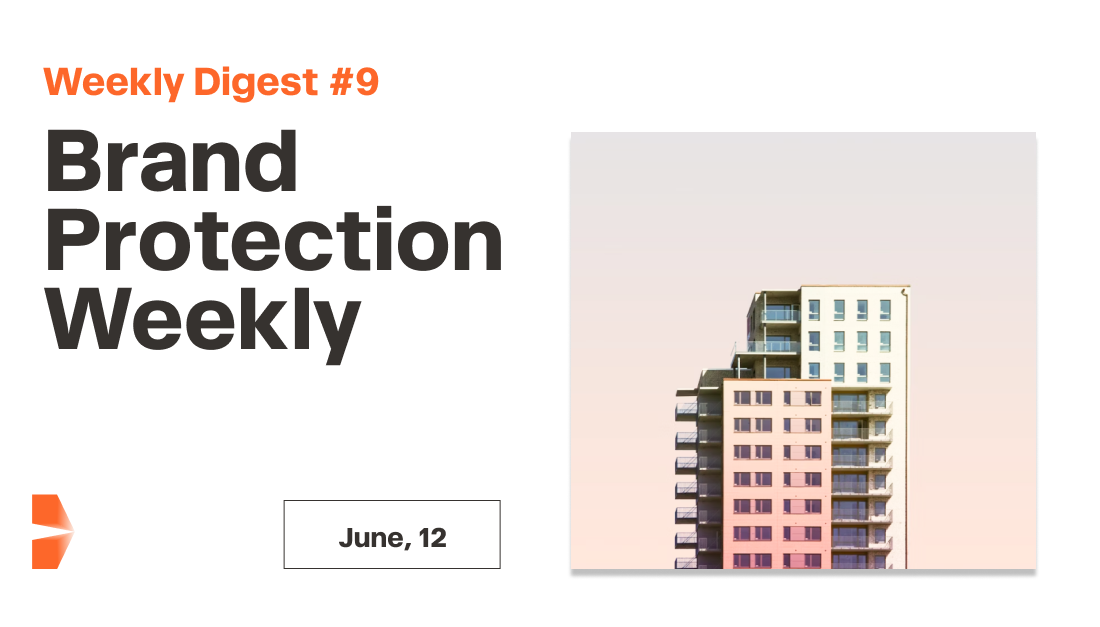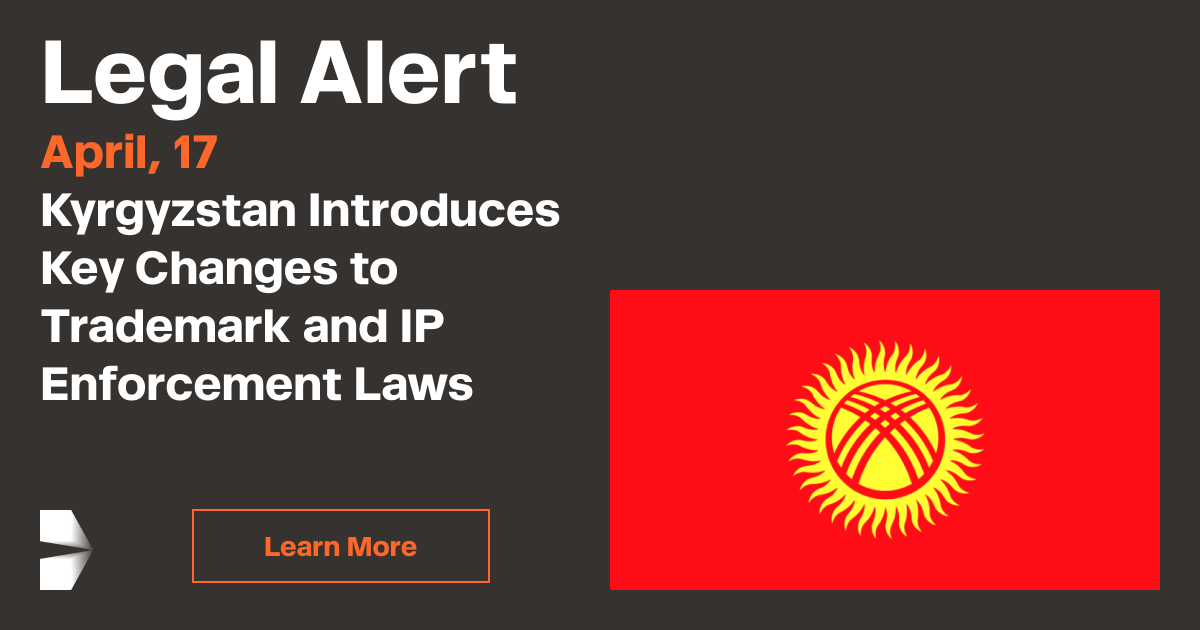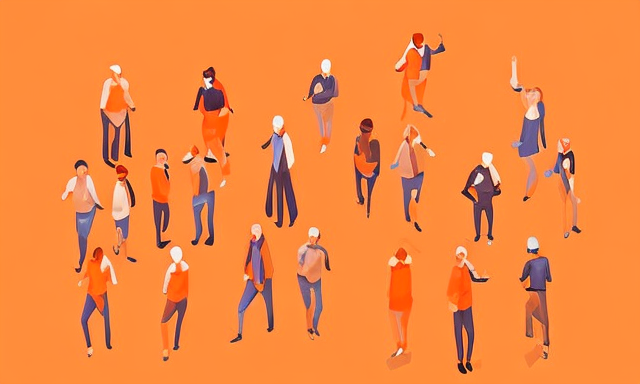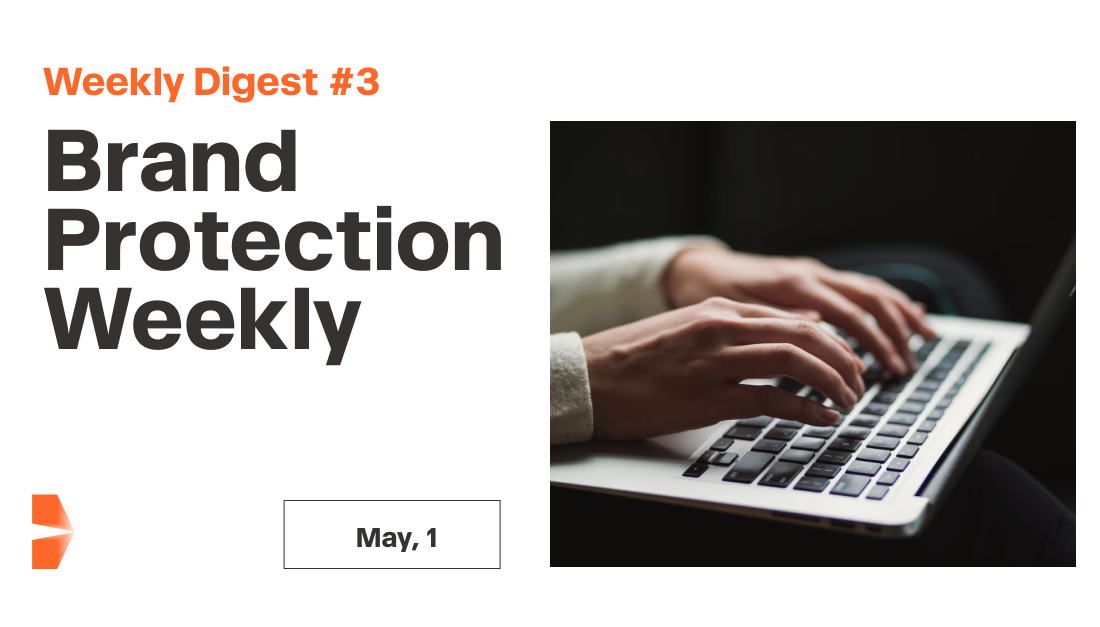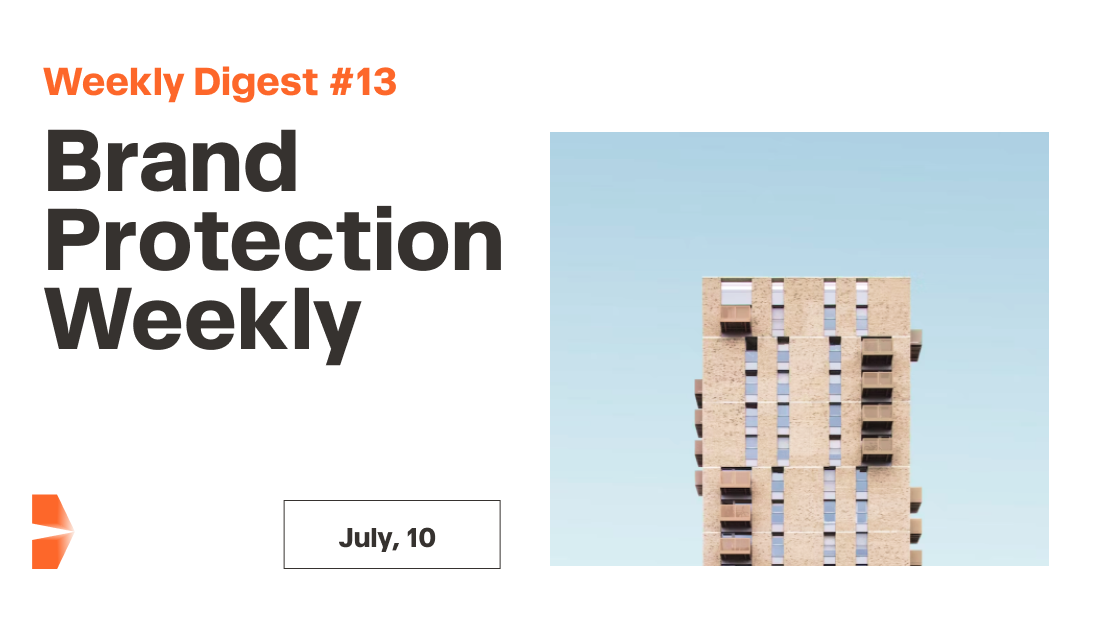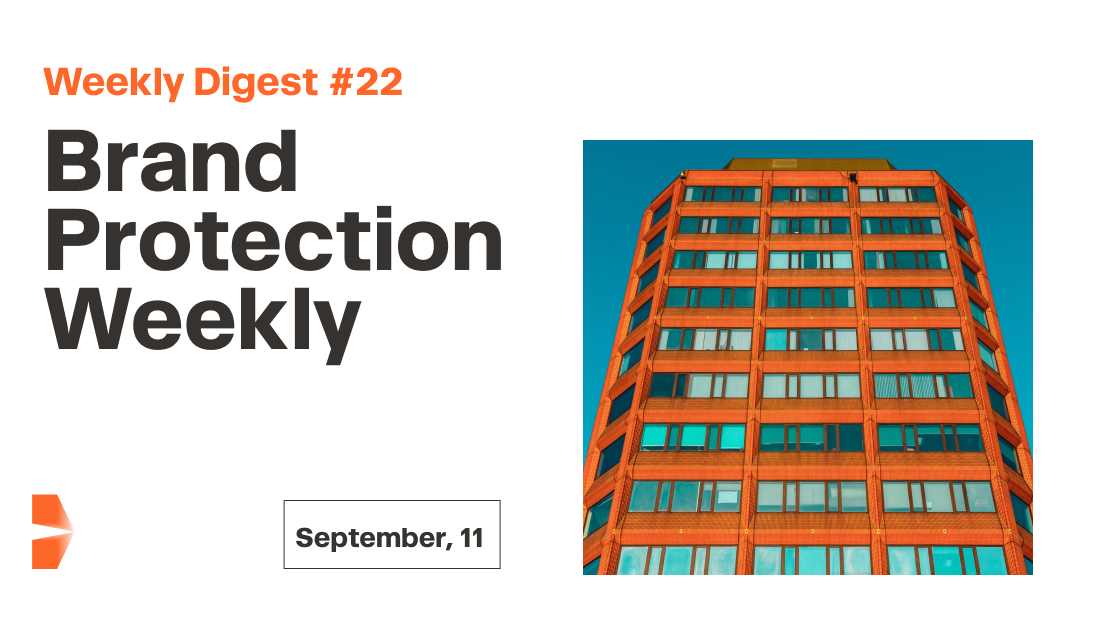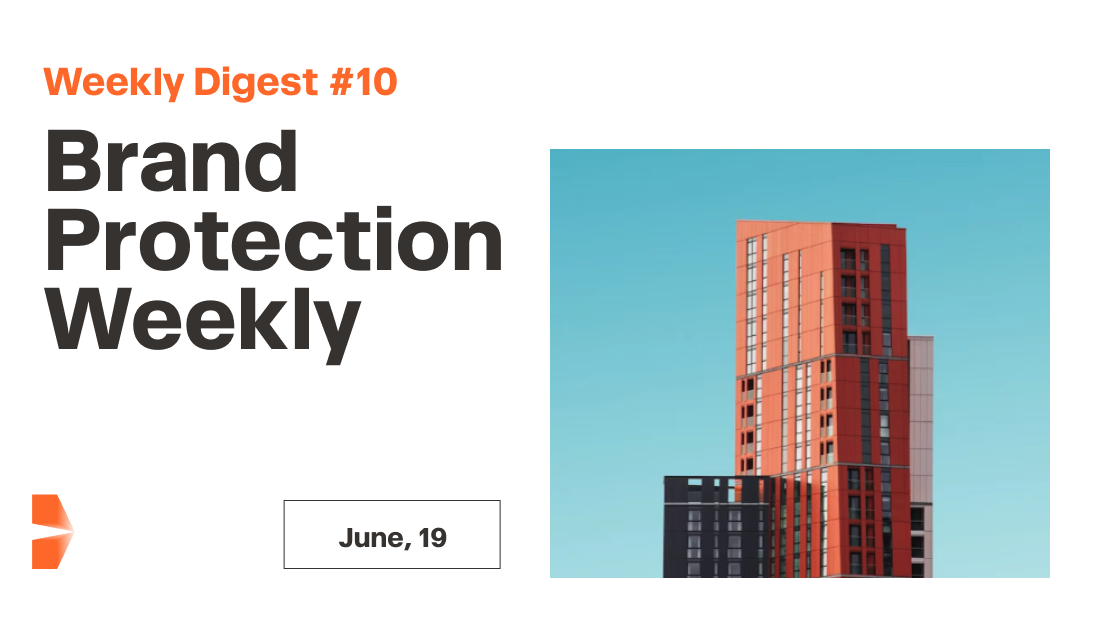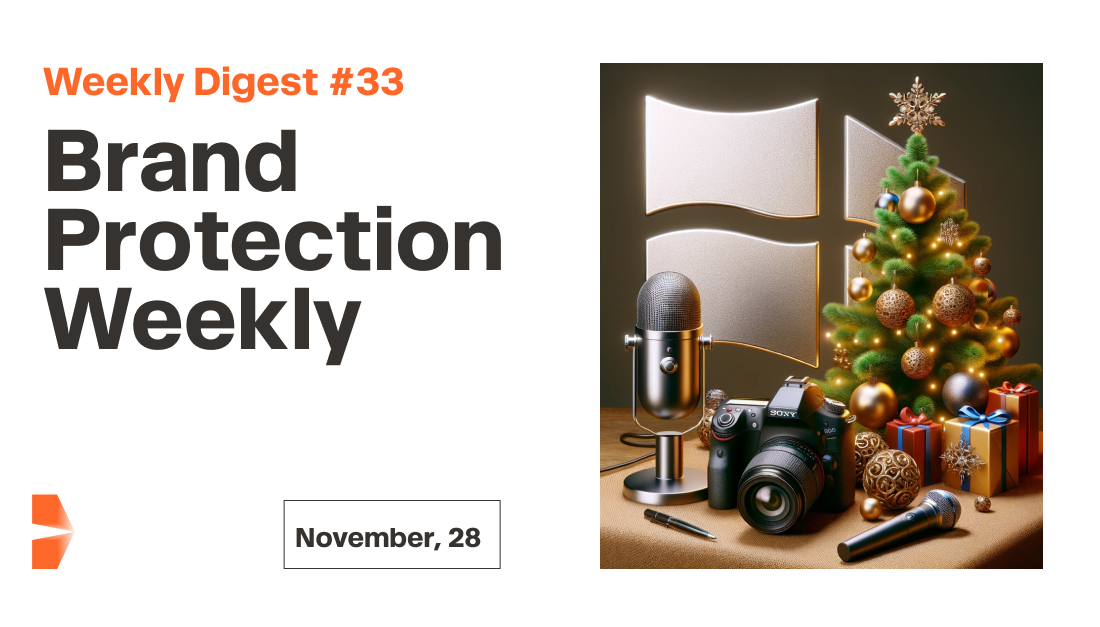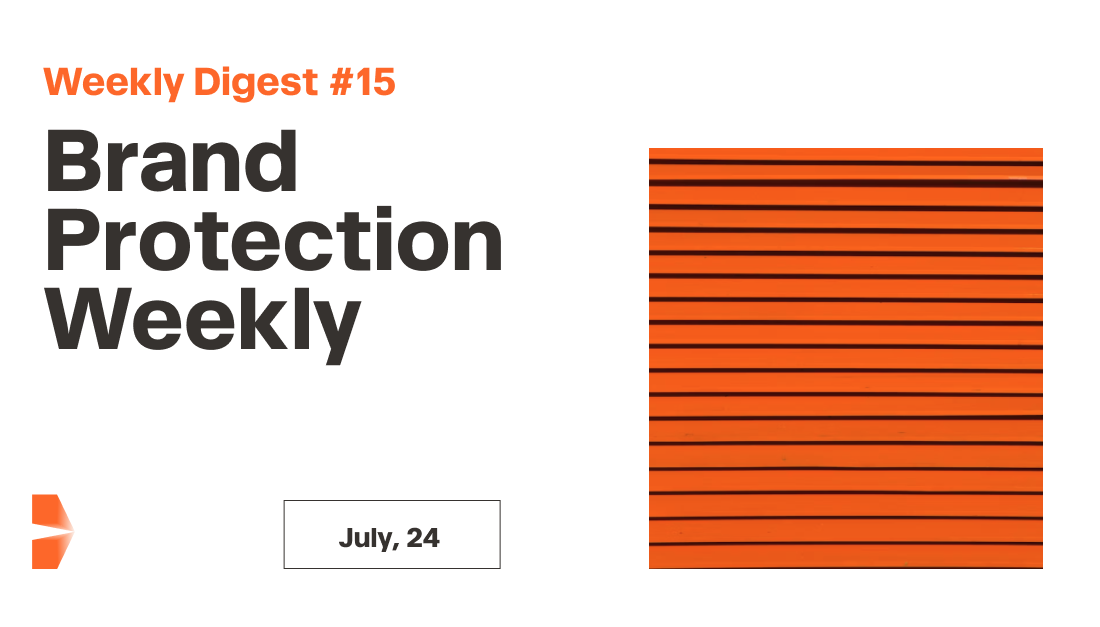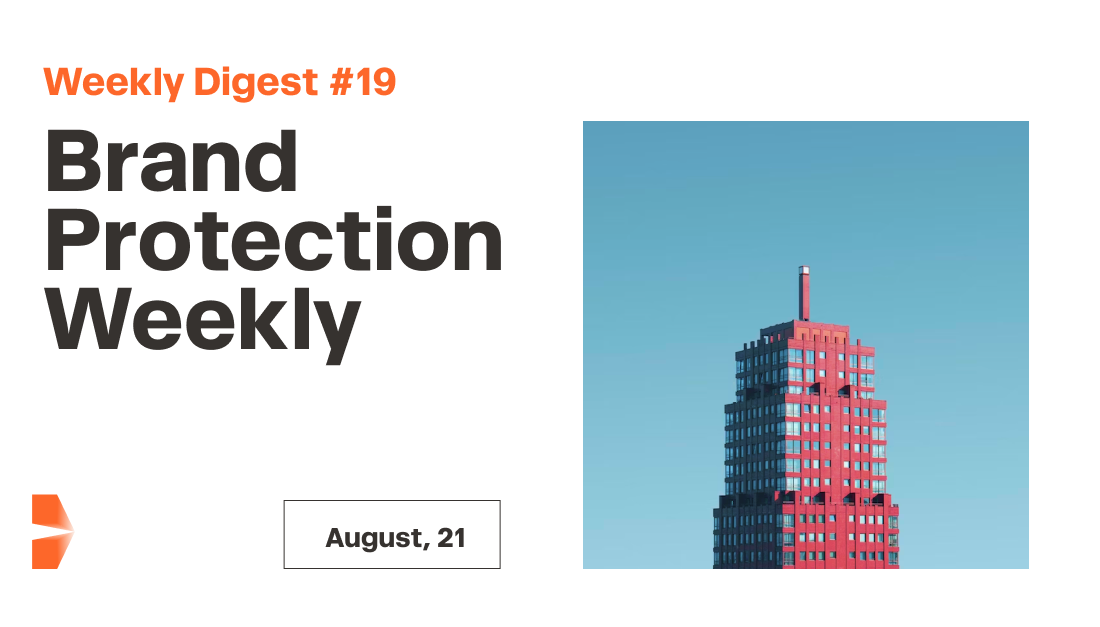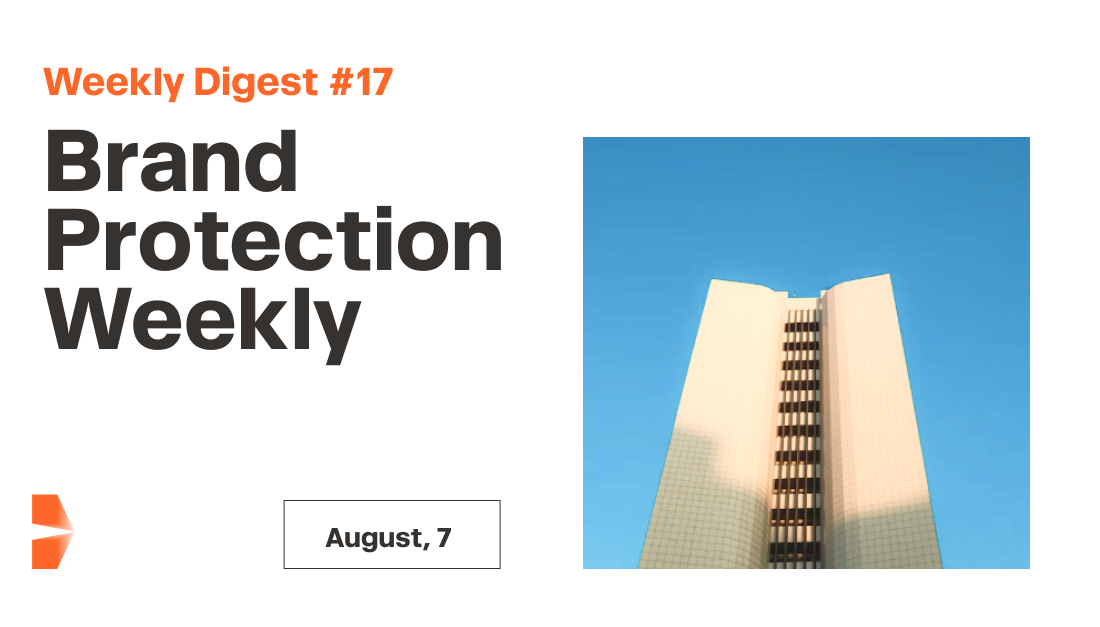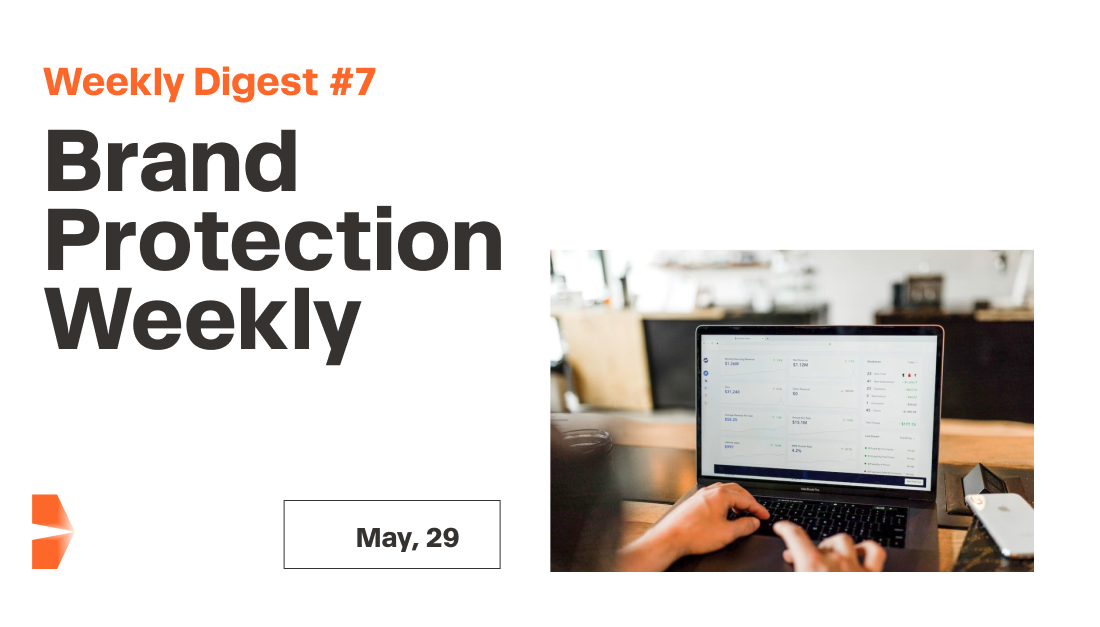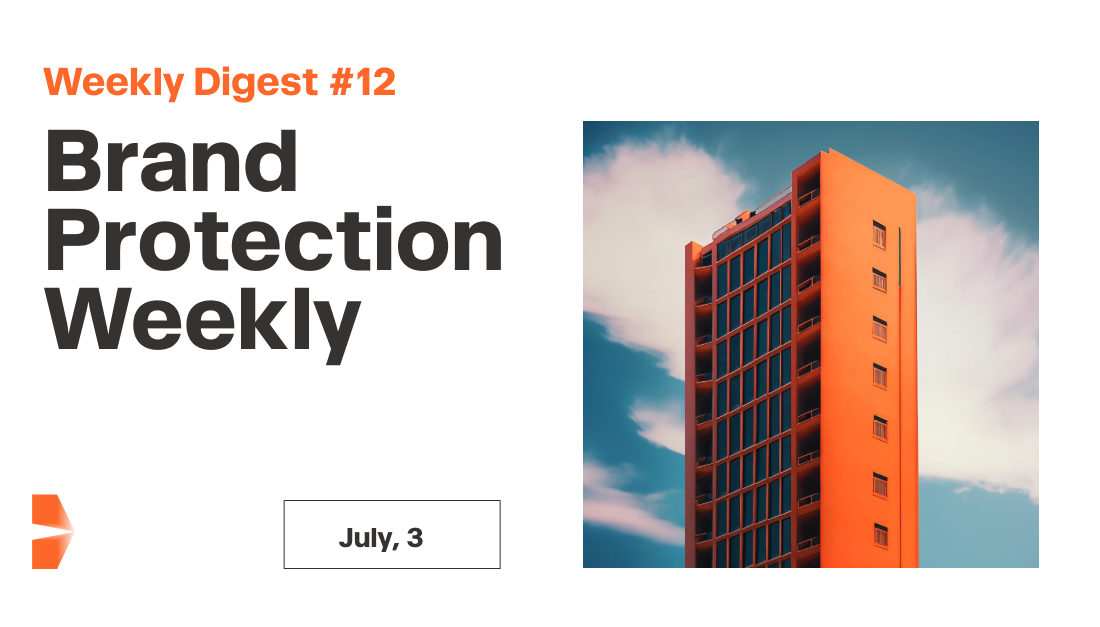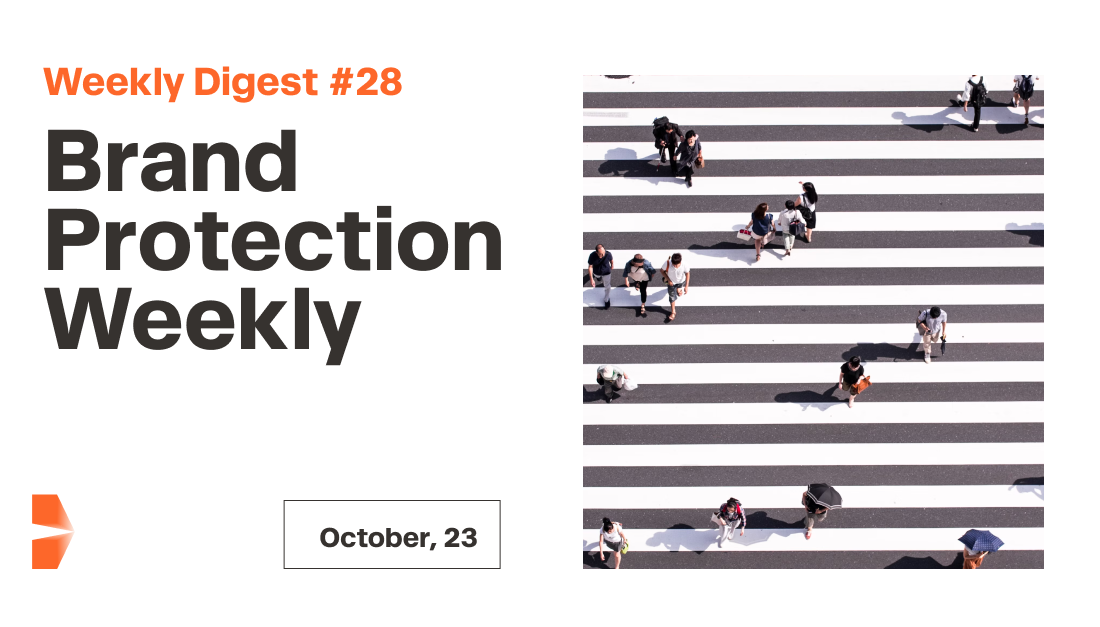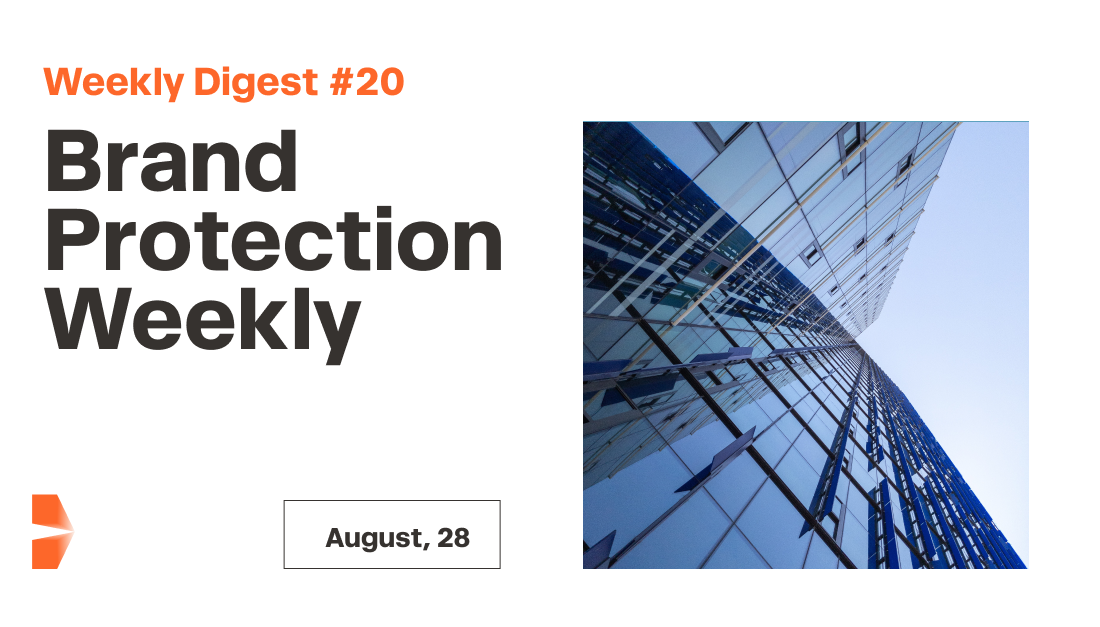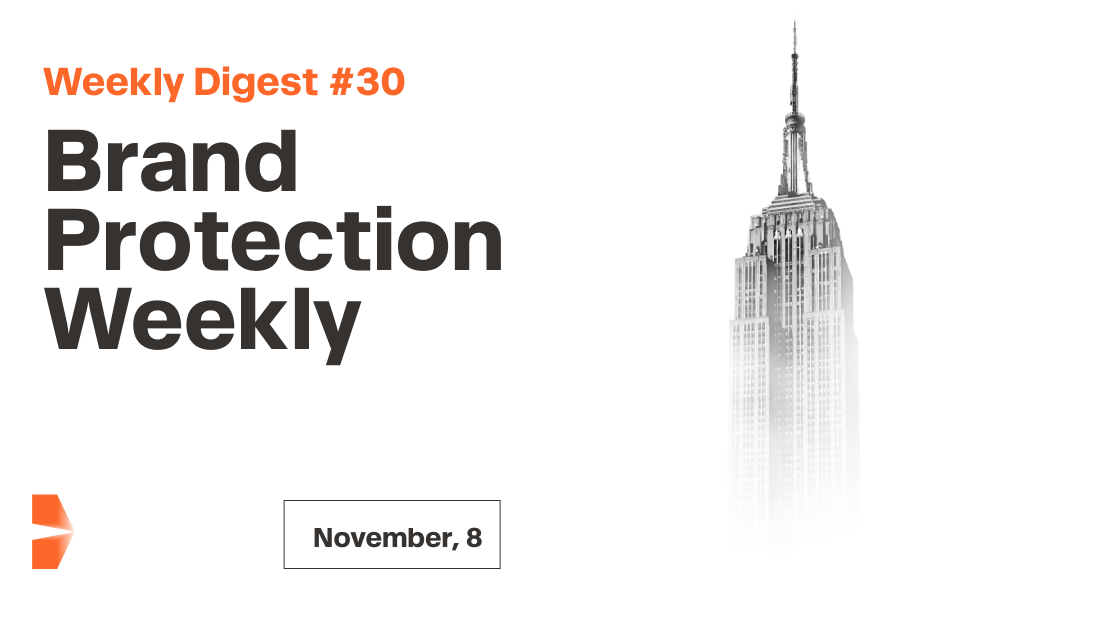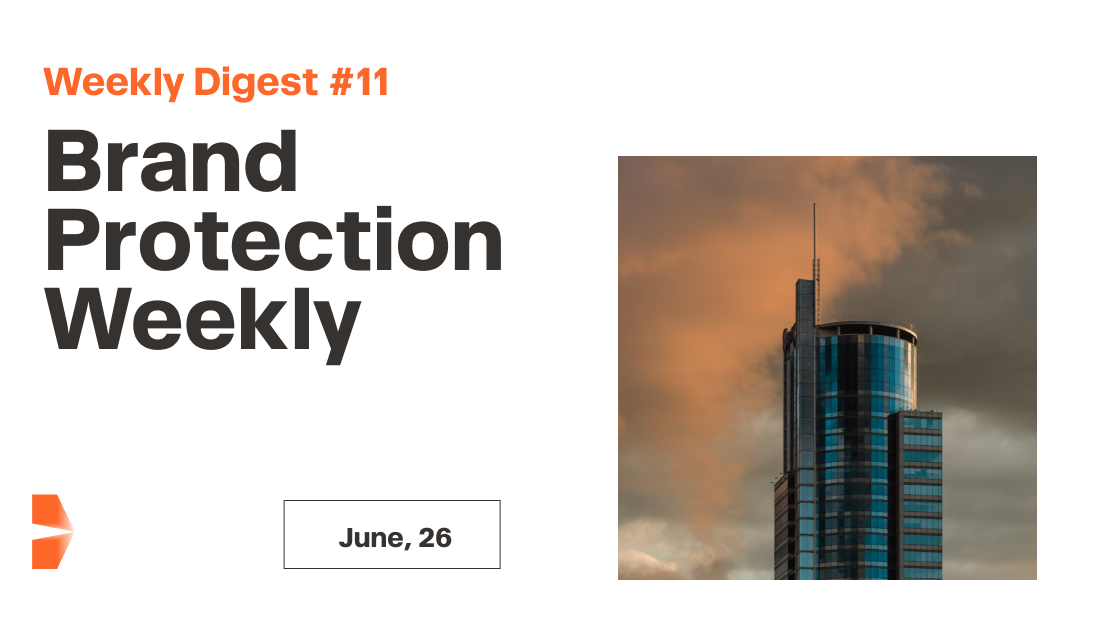Amazon Referral Leads to Guilty Plea in Prada Counterfeit Case
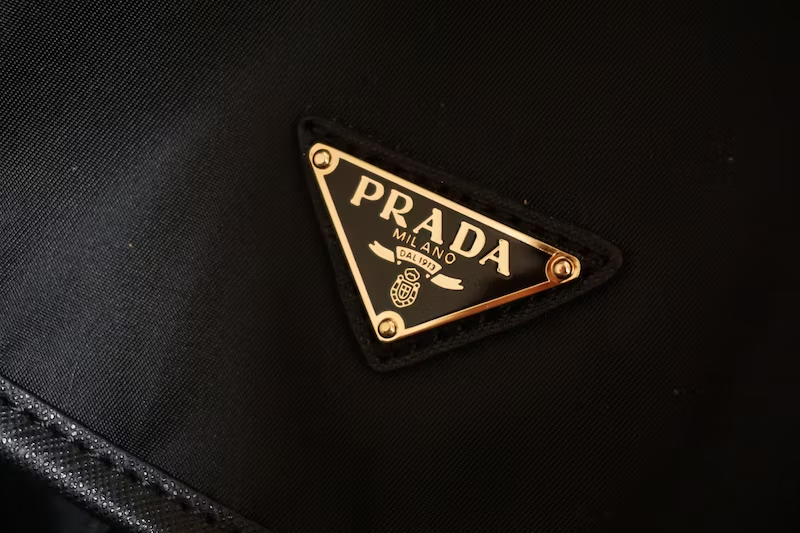
A Chinese court has issued a decision in a counterfeit case, notably relying on overseas sales data and inventory information provided by Amazon. This case reflects an alternative approach to the conventional methods used in counterfeit litigation and represents a step forward for intellectual property rights enforcement.
Key Facts:
- Collaboration between Amazon’s Counterfeit Crimes Unit (CCU) and the Prada Group was crucial in this case.
- The court's decision was based on evidence of overseas counterfeit sales records and fulfillment center inventory records.
- This method contrasts with the usual reliance on physical evidence of seized counterfeit goods.
Detailed Analysis:
Typically, counterfeit cases depend on evidence of physical goods seized during law enforcement operations. However, in this particular case, the Chinese court primarily utilized information from Amazon. After detecting counterfeiting activities in 2021, Amazon’s CCU conducted an internal investigation and subsequently referred the case to the Chinese enforcement authorities.
The defendant received a three-year prison sentence, a $25,000 fine, and must forfeit revenues from counterfeit sales. Additionally, the counterfeit goods inventory will be confiscated and destroyed.
Brazil's Supreme Court Revisits iPhone Trademark Dispute
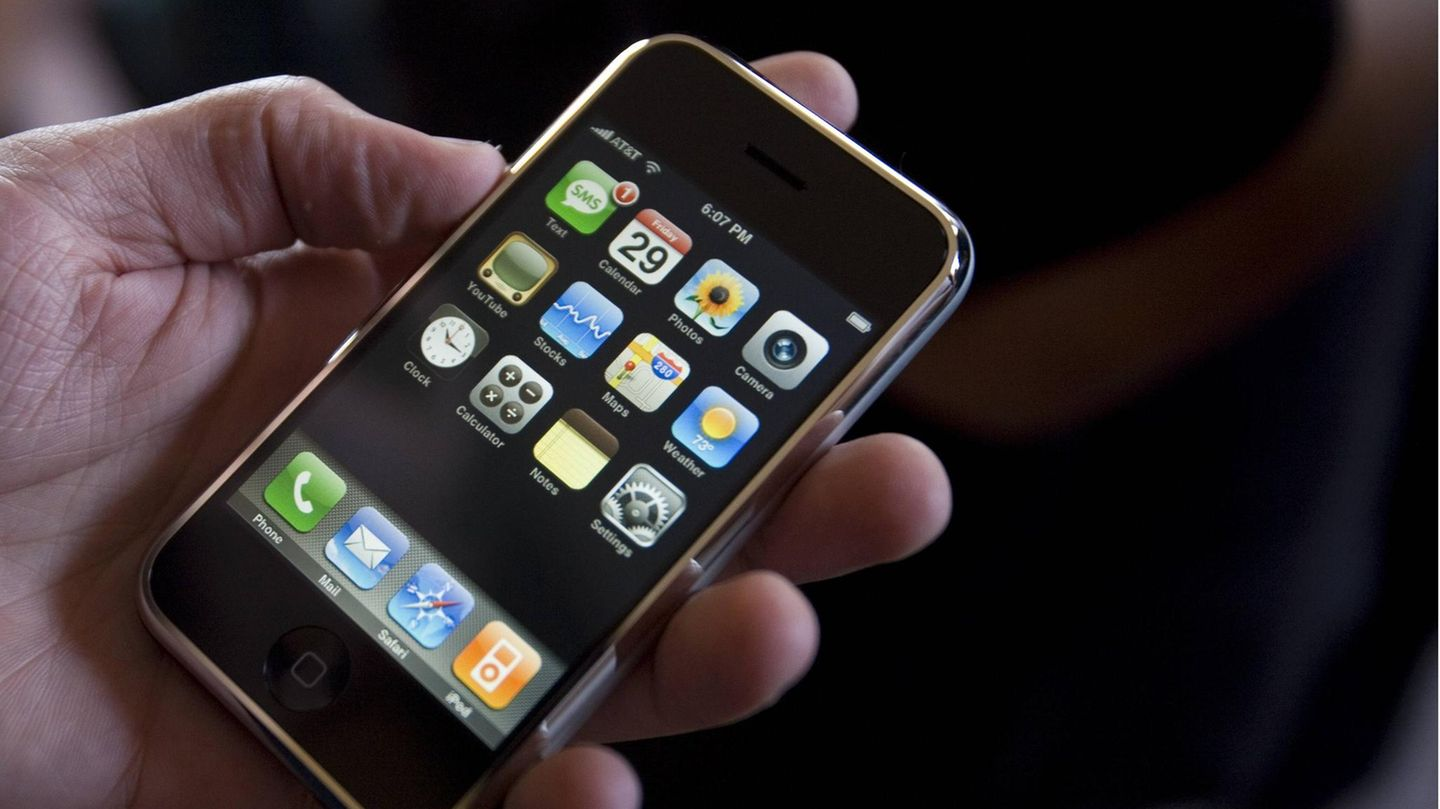
Brazil's Supreme Court is set to reexamine the prolonged trademark dispute over the "iPhone" name between Brazilian tech company IGB and Apple. This case has extended over a decade and remains unresolved, highlighting the complexities of trademark laws and intellectual property rights.
Key Facts:
- IGB filed for the "iphone" trademark in 2000, but it was only granted in 2008, after Apple's first iPhone launch.
- After 20 negotiation sessions in 2021, no settlement was reached between the parties.
- The Supreme Court case, ongoing since 2020, was expected to progress with a "virtual trial" but has now shifted to an in-person trial, resetting the decision-making process.
Detailed Analysis:
The dispute underscores the challenges faced due to delays in patent and trademark processing. A 2021 report indicated Brazil's Inpi as the world's slowest in granting patents, impacting businesses adversely.
The Supreme Court's decision on this case is poised to set a precedent for intellectual property cases in Brazil. Apple has argued for the invalidation of IGB's trademark registration, suggesting that "iPhone" has acquired a "secondary meaning," akin to a generic term for the product category. In contrast, IGB’s legal representative emphasizes that "iPhone" was not a colloquial term for smartphones in 2008 when the trademark was granted.
Source: The Brazilian Report
Starbucks' Pumpkin Spice Latte NFTs: A Limited Time Offer

Starbucks recently launched a set of non-fungible tokens (NFTs) to celebrate the 20th anniversary of its pumpkin spice latte, stepping into the digital asset space amid a volatile NFT market.
Key Facts:
- The collection comprised four NFTs: Spiced, Whipped, Iced, and Steamed, each available for $20.
- Offered through Starbucks Odyssey, the company's Web3 platform, the sale was open from October 5 to October 9.
- A September analysis suggested that around 95% of NFTs might have little to no value.
Overview:
The Starbucks NFT venture allowed for unlimited minting and sales of the digital collectibles during the limited offer period. Starbucks Odyssey members who acquired the full set were promised a special, yet undisclosed, reward. The official artwork was unveiled on October 10.
Previously, Starbucks' NFT initiatives showed promising results, with free NFT stamps given to members being resold for up to $1,900. Another collection, priced at $100 per token, sold out.
As of today, the sale period for the pumpkin spice latte NFTs has concluded, and the results of this endeavor have not yet been disclosed. This comes in the context of a broader NFT market facing uncertainties, as a significant portion of NFT collections might hold minimal value, impacting approximately 23 million individuals.
Source: Business Insider
JPO Dismisses Trademark Opposition: JEEP vs JEIP321

The Japan Patent Office (JPO) has dismissed an opposition by Fiat Chrysler Automobiles (FCA US) LLC against the registration of the wordmark "JEIP321," marking a significant decision in trademark law.
Key Facts:
- The contested mark "JEIP321" was filed for use on various car accessories in class 12.
- FCA US LLC opposed the registration, citing similarities to their renowned "JEEP" mark.
- The JPO dismissed the opposition, finding the marks dissimilar and unlikely to cause confusion.
Case Details:
The "JEIP321" mark, intended for products like steering wheel covers and vehicle upholstery, was filed on January 25, 2022. The JPO admitted its registration and published it for opposition on July 22, 2022.
FCA US LLC filed an opposition on September 14, 2022, arguing that "JEIP321" infringed upon their famous "JEEP" mark. They cited Article 4(1)(xi) and (xv) of the Japan Trademark Law, which address issues of similarity and potential confusion with well-known goods or services.
FCA emphasized the visual and phonetic similarities between "JEIP" and "JEEP," highlighting that numerals lack distinctiveness.
JPO Decision:
The JPO acknowledged the reputation of the "JEEP" mark but found significant differences between the two marks. Visually, the difference in the third letter was deemed impactful. Phonetically, the distinct sounds of "JEIP" and "JEEP" were considered unlikely to cause confusion. Conceptually, the marks were found dissimilar, with "JEIP321" not conveying a specific meaning, while "JEEP" is associated with Jeep brand 4WD vehicles.
Ultimately, the JPO concluded that consumers are unlikely to associate "JEIP321" marked goods with FCA or any related entity, leading to the dismissal of the opposition.
Source: Marks & IPLaw Japan
Artist and Partner Ordered to Pay $1.5 Million for Counterfeit Bored Ape NFTs
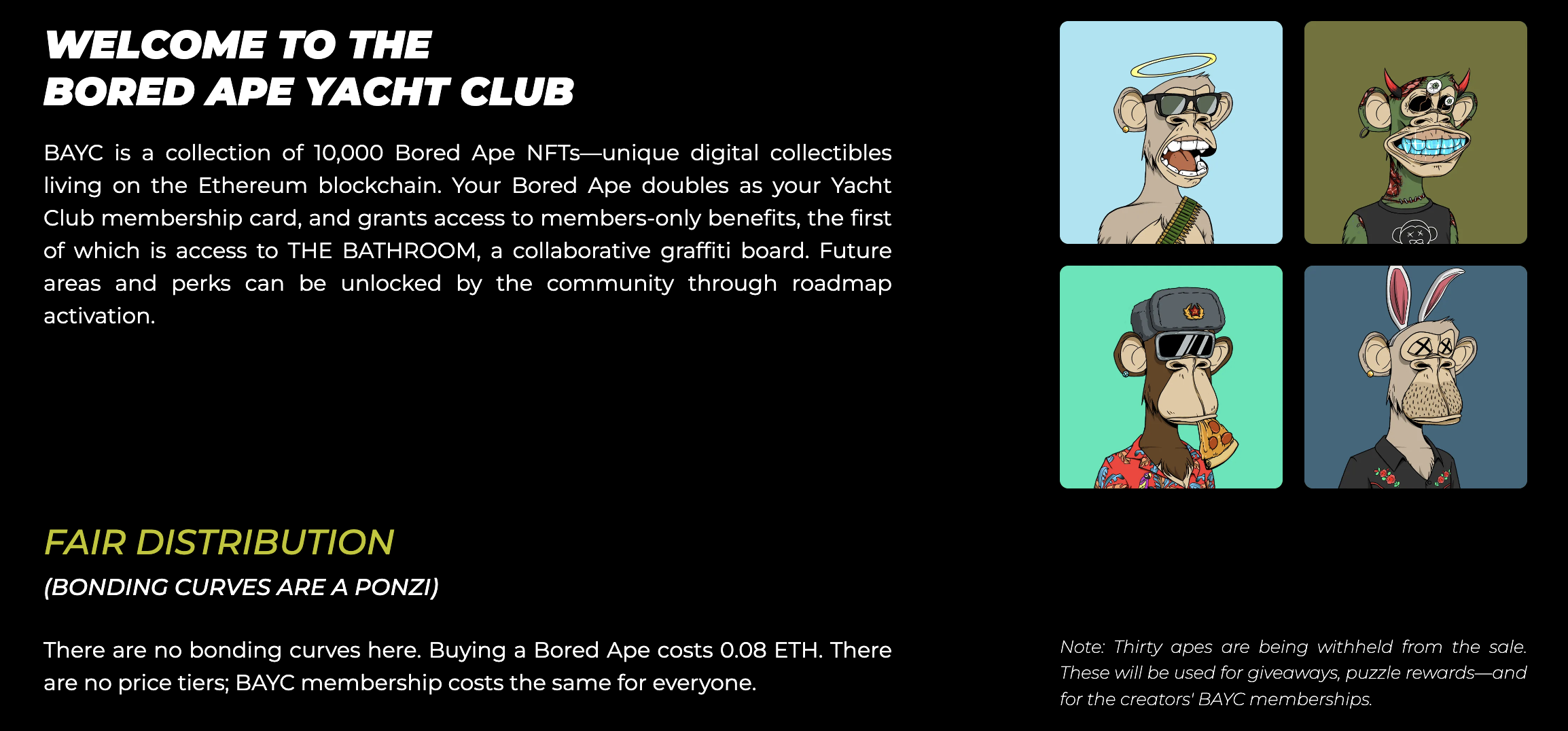
A California federal judge has ruled that conceptual artist Ryder Ripps and his business partner Jeremy Cahen must pay over $1.5 million in damages to Yuga Labs for copying Bored Ape Yacht Club's NFT art.
Key Facts:
- U.S. District Judge John Walter ordered Ripps and Cahen to pay Yuga Labs all profits from their copies, totaling $1.5 million.
- The defendants claimed their copies were an art project criticizing alleged racist elements in Yuga's works.
- The court blocked sales of the copies and required the transfer of related digital assets to Yuga Labs.
Case Summary:
Yuga Labs, the creator of Bored Ape Yacht Club NFTs, accused Ripps and Cahen of making millions by counterfeiting its tokens under the guise of satire. Ripps argued that his copies were appropriation art highlighting purported racist and anti-Semitic imagery in Yuga's NFTs.
Judge Walter, however, dismissed this defense. In his ruling, he stated that the defendants' actions were not parody or satire but a deliberate attempt to profit from Yuga's success. He found that the copies were likely to confuse potential buyers and ruled that Yuga was entitled to all profits made from these copies. Additionally, Walter ordered $200,000 in damages for cybersquatting and awarded attorneys' fees to Yuga Labs.
The case, which has implications for the boundaries of artistic expression and intellectual property in the digital age, is set for further review by the 9th U.S. Circuit Court of Appeals.
Source: Reuters
----
And there you have it – we've reached the end of this week's round-up of noteworthy legal battles in the world of trademarks and copyright.
As always, we at BrandMonitor are grateful for your continued support and interest in staying informed. We believe that knowledge is power, and staying updated is essential for making better decisions in your personal and professional lives. Have a fantastic week, and we'll see you in our next Weekly Digest! Stay vigilant, stay informed.
Yours sincerely, the BrandMonitor Team

